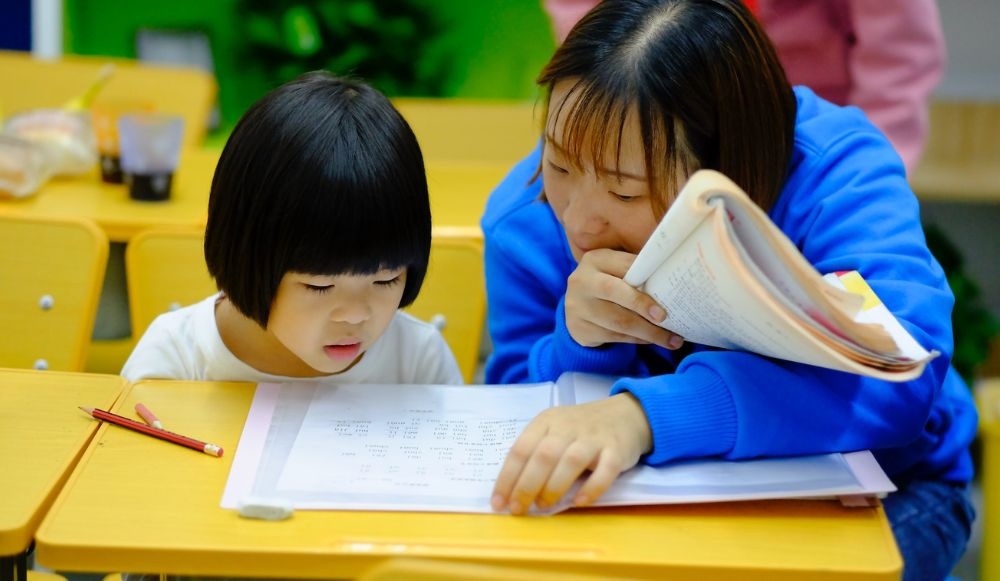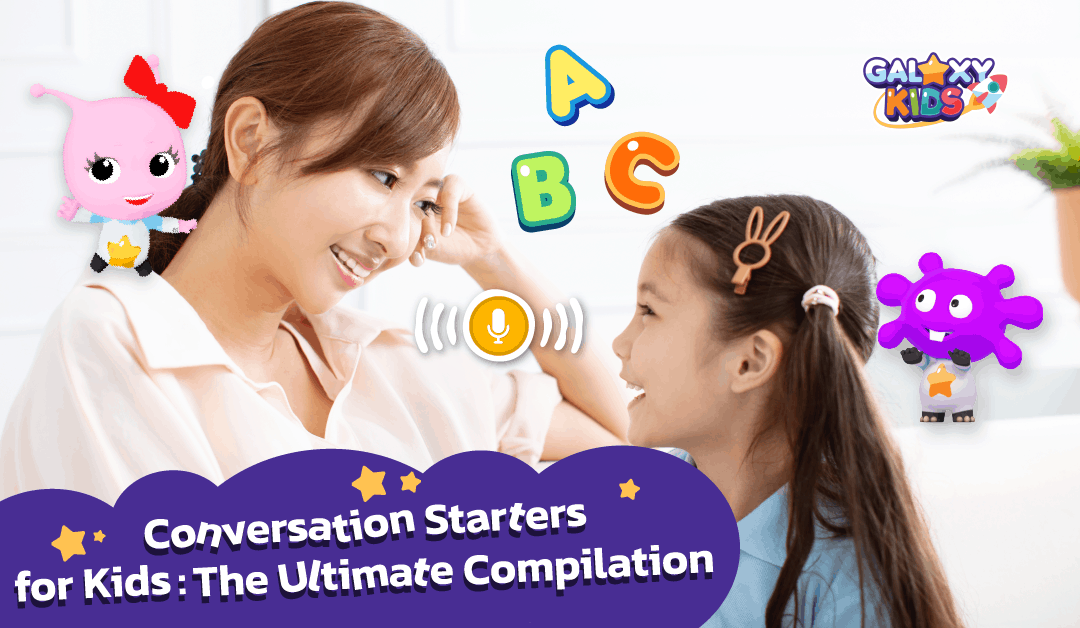Introduction
Learning Chinese is an exciting adventure for kids, but keeping them engaged and motivated can be a challenge. The key is to make the learning process fun and interactive. By incorporating multimedia resources, everyday objects, conversations, social activities, and celebrating achievements, parents can create an enjoyable Chinese language learning environment for their children.

Use multimedia resources to make learning engaging
Children are visual and auditory learners, so incorporating multimedia resources can make learning Chinese more enjoyable. Explore interactive apps, educational videos, and catchy songs designed to teach Chinese. These resources bring the language to life and capture your child’s attention, making the learning experience both entertaining and educational.
Incorporate everyday objects and experiences into learning
Learning Chinese doesn’t have to be limited to textbooks. Take advantage of everyday objects and experiences to teach your child Chinese vocabulary. Label common household items with Chinese words or phrases. When you’re out and about, point out Chinese characters in signs, menus, or posters, and explain their meanings. This practical approach helps your child connect the language to real-life situations and reinforces their learning.
Encourage conversation and interaction in Chinese
Active language use is vital for language acquisition. Encourage your child to engage in conversations and interactive activities in Chinese. Set aside dedicated time for conversations, play language-based games, or create stories together using Chinese vocabulary. These activities not only improve their language skills but also foster their confidence in speaking Chinese.
Make learning a social activity
Learning Chinese doesn’t have to be a solitary journey. Seek opportunities for your child to learn with peers. Enroll them in Chinese language classes or organize playdates with other children learning Chinese. Group activities, collaborative projects, and interactive exercises provide valuable opportunities for your child to practice Chinese while building friendships and a sense of community.
Celebrate progress and achievements
Recognizing your child’s progress and celebrating their achievements is essential for keeping them motivated and engaged. Celebrate milestones, whether it’s completing a Chinese lesson, achieving language goals, or mastering new characters. Offer praise, create certificates, use stickers, or provide small rewards. These positive reinforcements boost their confidence and encourage further exploration of the language.
Conclusion
Learning Chinese can be a fun and interactive journey for kids when parents take an active role in creating an engaging learning environment. By using multimedia resources, incorporating everyday objects, promoting conversation, fostering social interactions, and celebrating achievements, parents can make Chinese language learning enjoyable and meaningful for their children. So, embark on this adventure together, and watch your child thrive in their language acquisition skills, unlocking doors to new opportunities and experiences. With the right approach, learning Chinese can become a cherished family activity that nurtures lifelong language proficiency and cultural appreciation.
At Galaxy Kids, our mission is to help kids aged 3-8 years old improve their speaking and pronunciation skills while having fun. Download Galaxy Kids Chinese for free and give it a try!



